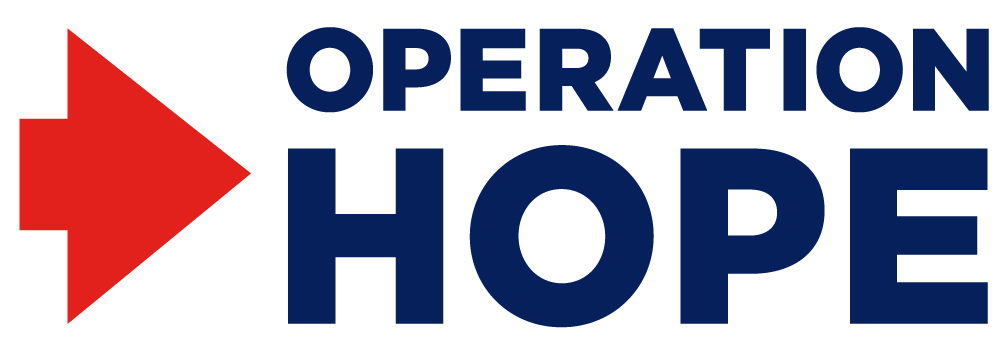Green Socks, Big Dreams: How One Bold Initiative Aims to Revolutionize Financial Education Nationwide

Breaking Financial Barriers: Green Socks Day Challenge Sparks Nationwide Financial Literacy Movement
In a groundbreaking initiative to champion financial empowerment, Operation HOPE and Financial Literacy for All (FL4A) are set to launch the innovative Green Socks Day Challenge on April 30, 2025. This dynamic nationwide campaign aims to transform financial education from a distant concept to an accessible, engaging reality for Americans across all walks of life.
The challenge represents more than just an awareness event—it's a powerful call to action that invites individuals, organizations, and communities to take meaningful steps toward financial understanding and independence. By wearing green socks and participating in educational activities, participants will symbolize their commitment to breaking down financial literacy barriers.
"Financial knowledge is not a luxury; it's a fundamental right," said a spokesperson for Operation HOPE. "Our goal is to make financial education as common and essential as learning to read and write."
The Green Socks Day Challenge promises to be a vibrant, inclusive movement that empowers people to start their journey toward financial confidence, one step at a time—quite literally, in green socks.
